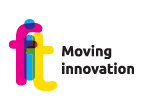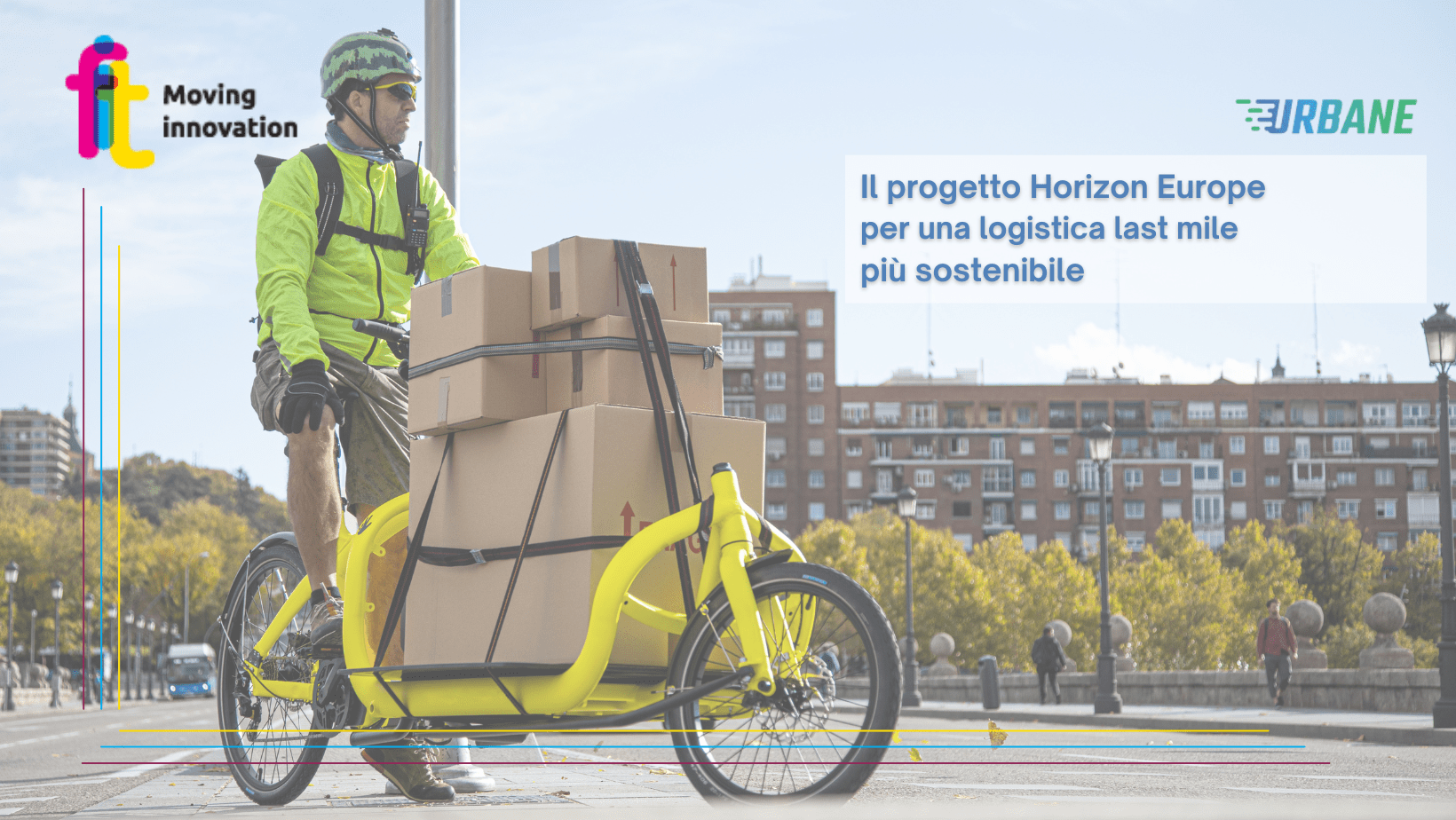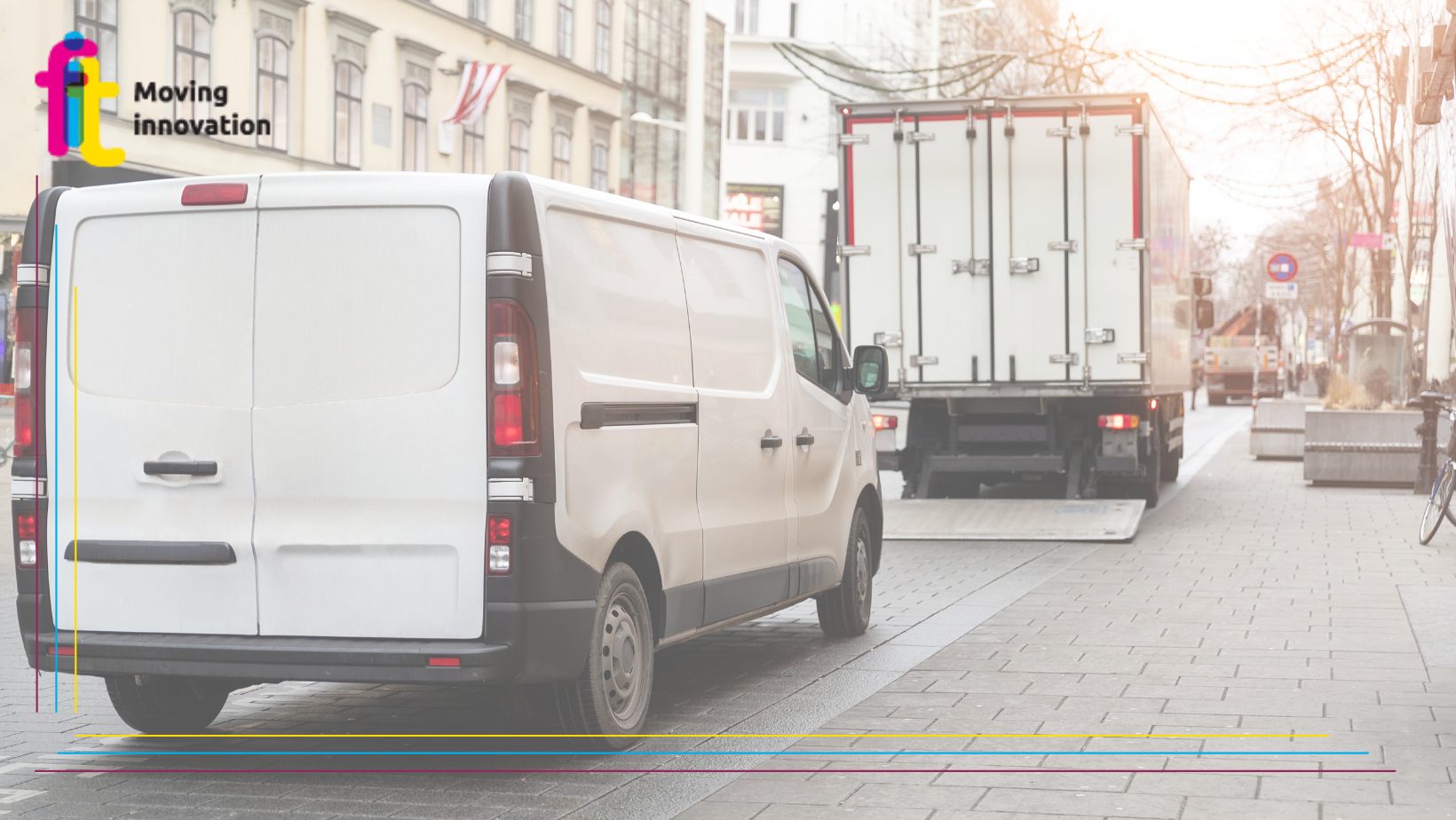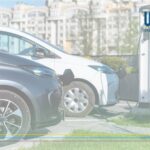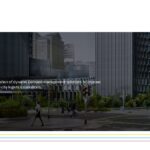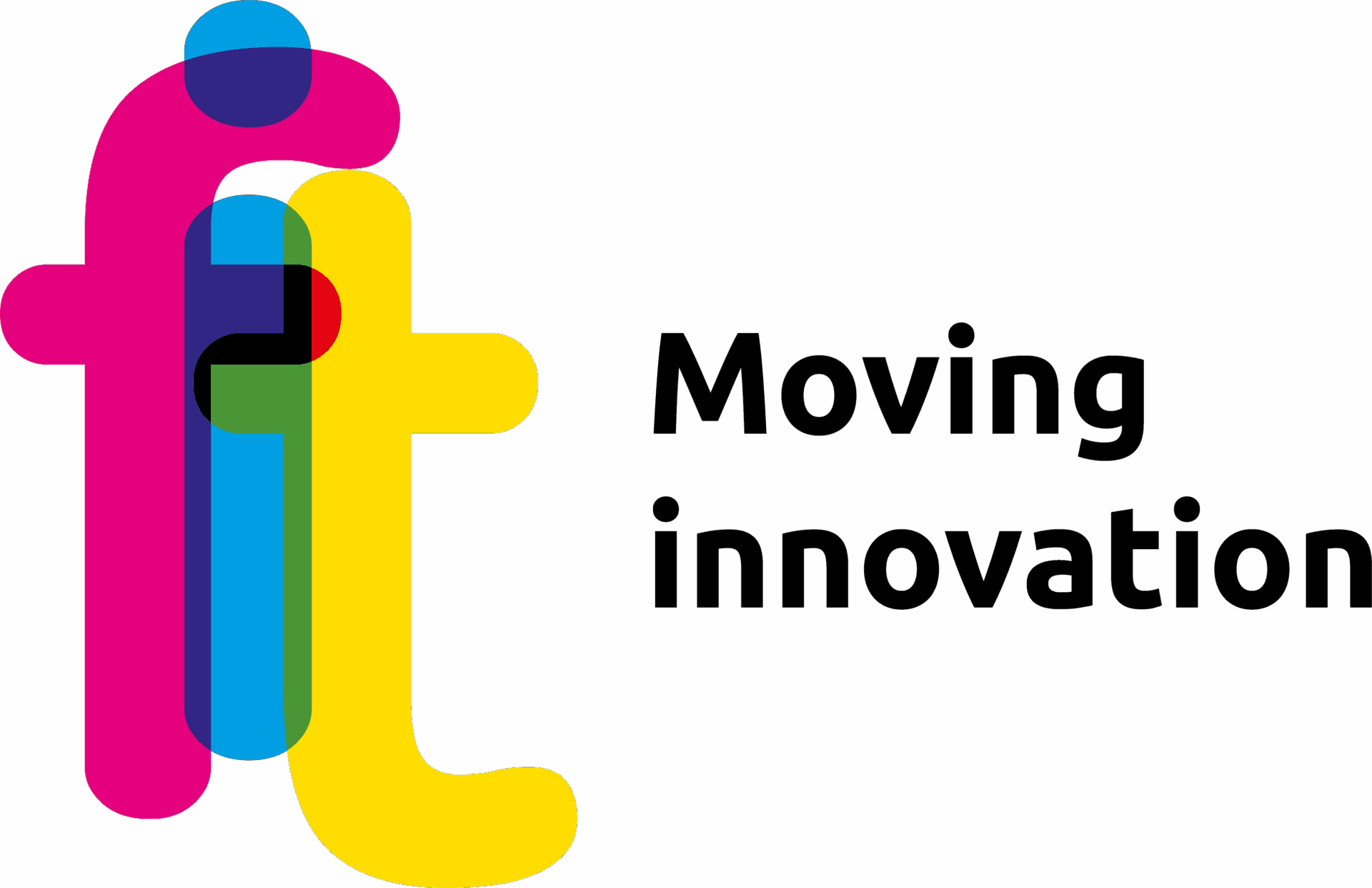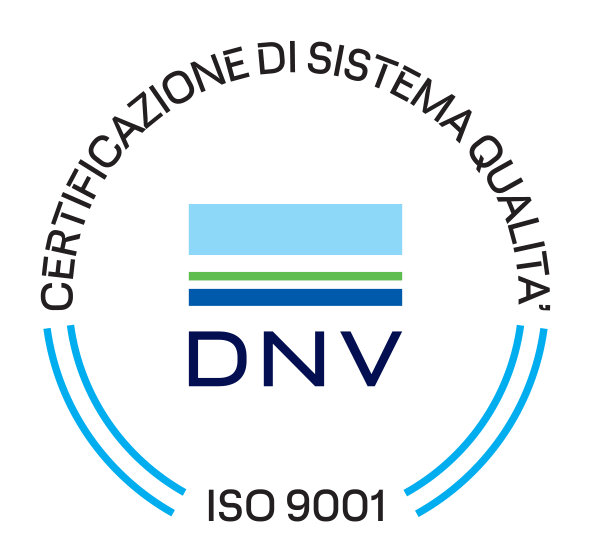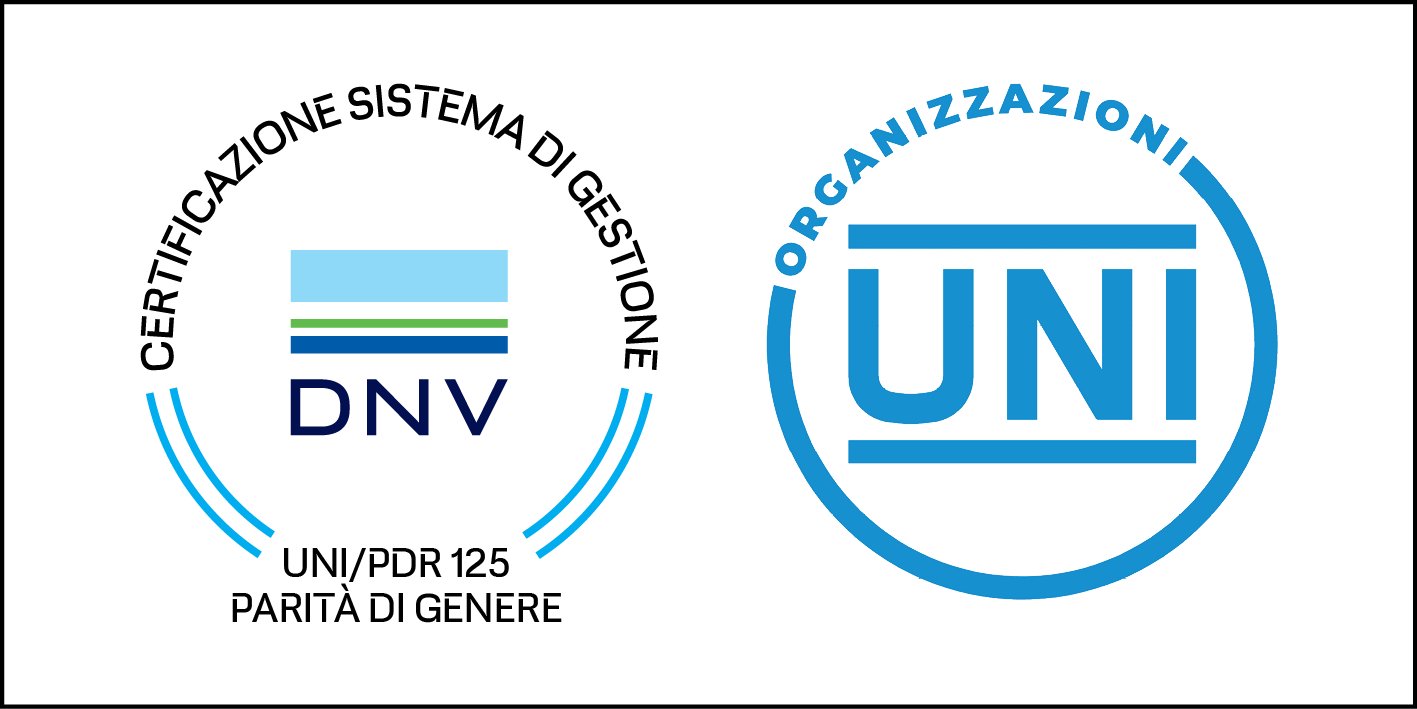The eCommerce industry, partly due to the COVID-19 pandemic, has seen sudden and continuous economic growth in recent years, which, however, has also brought with it enormous problems in urban supply chains. With this in mind, Europe urgently needs to identify and develop new last-mile transport solutions. At the same time, with the rapid expansion of e-commerce, the issue of sustainability will become increasingly crucial. The last mile of e-commerce delivery is in fact the part of the delivery that produces the highest emissions and the increase in demand is the cause. It is from these premises that the URBANE project (Upscaling Innovative Green Urban Logistics Solutions Through Multi-Actor Collaboration and Physical Internet (PI) – Inspired Last Mile Deliveries) was born.
The objectives of the project
Reduce CO2 emissions by at least 20% and the number of vans circulating in city centers by 30% through a collaborative approach inspired by Physical Internet applied to the urban distribution of goods and the use of innovative delivery methods, such as cargo bikes and vehicles with modular units, capable of making transhipment flexible, fast and sustainable.
These are the objectives of the 42-month project co-financed by the new Horizon Europe (HEU) program with a budget of around 9 million euros and whose ambitions are therefore in line with the objectives of the European Green Deal, the Paris Agreement and the Green City Accord, towards the rapid adoption of zero-emission urban logistics solutions by 2030, achieving greater efficiency of road transport and logistics systems.
Replicability and scalability are therefore the key words of the model aimed at maximizing the transferability of innovative best practices related to last mile logistics operations, while providing a set of tools for different groups of stakeholders to design new eco-friendly solutions.
Four Lighthouse Living Labs (LLs) are involved and will be supported in a transition path towards effective, resilient, safe and sustainable last mile transport. Helsinki (FI), Bologna (IT), Valladolid (ES) and Thessaloniki (GR) will therefore demonstrate efficient, replicable and socially acceptable innovative solutions for last mile delivery (Wave 1 solutions).
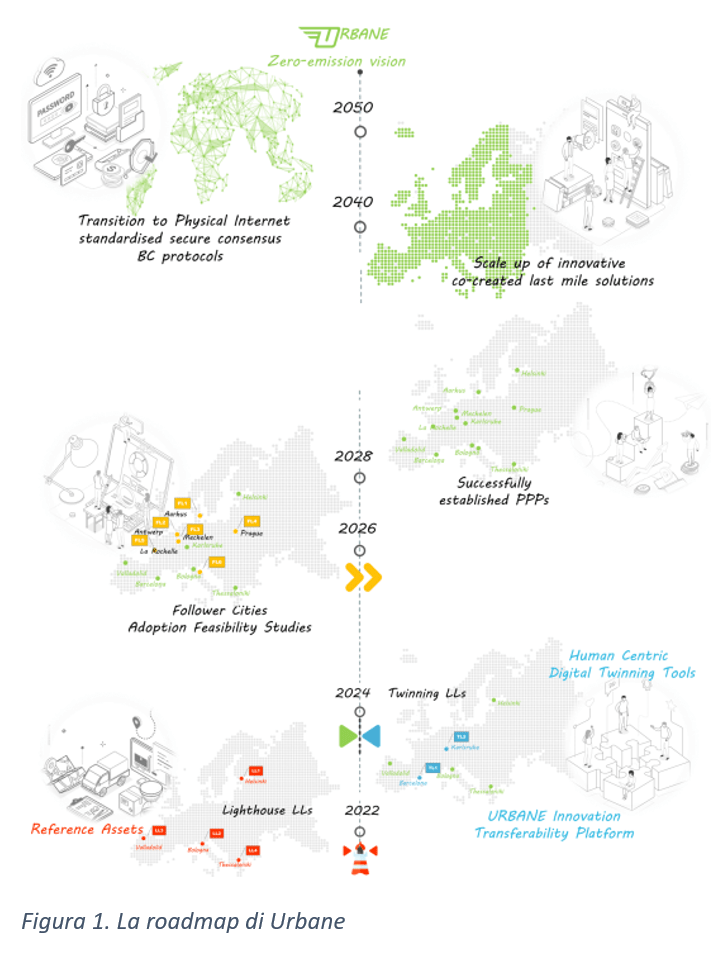
Practical learning at European level will be facilitated mainly by a transferability platform – Innovation Transferability Platform – which includes Digital Twin tools, Artificial Intelligence, open collaboration models between urban logistics actors, Smart Contracts governed by blockchain technology and a data-based radar that allows impact assessment, l’Impact Assessment Radar, which will allow Wave 1 solutions to be adapted and replicated in two Twin Living Lab in Barcelona and Karlsruhe (LL of Wave 2).
URBANE’s commitment to upscaling is further strengthened by the involvement of six early adopter – the so-called Follower Cities: Aarhus (DK), Antwerp (NL), La Rochelle (FR), Mechelen (BE), Prague (CZ) and Ravenna (IT) – in feasibility studies for the adoption of innovations, thus stimulating the creation of new communities Living Lab across Europe.
FIT Consulting’s role
FIT Consulting plays a leading role in the URBANE project as Innovation Manager and Business model innovation provider.
In particular, FIT Consulting coordinates the working group that develops the Innovation Transferability Platform – the technological infrastructure for transferability that includes digital twin, agent based model, artificial intelligence and impact assessment radar – and enables the implementation of the second wave of demo, also based on what was developed from the first wave.
FIT Consulting will therefore also have a predominant role in the development of business models for the solutions tested in the project, conducting the market analysis and developing the commercialization plan and growth trajectory.
The meeting in Athens
The Project consortium, made up of around 40 partners from 12 different EU member countries and coordinated by INLECOM, has already kicked off the work, with a meeting held last October in Athens, against the marvelous backdrop of the Parthenon.
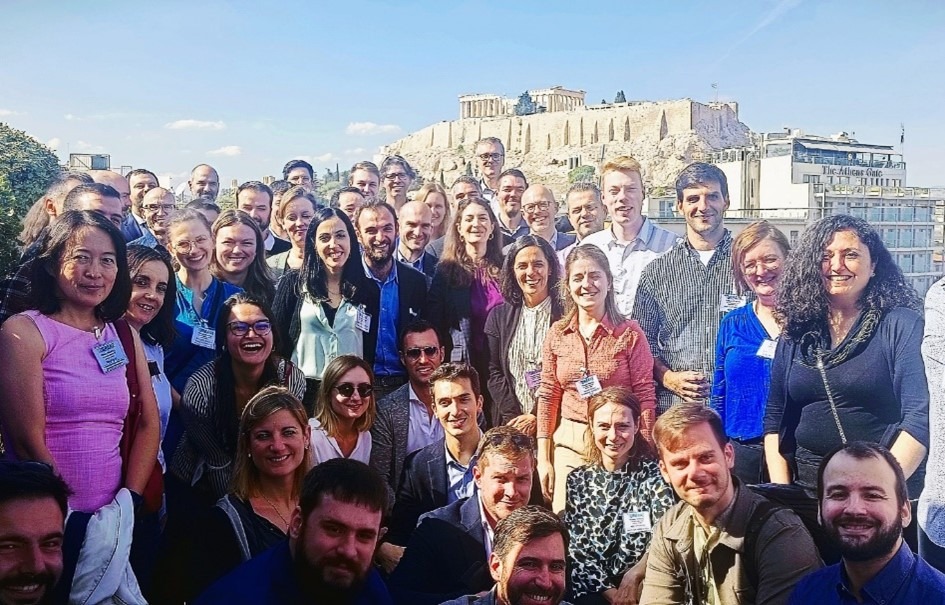
Figure 2. Urbane’s working group meeting in Athens
More information on the project can be found in the launch press release, published in October 2022.Click here.
This contribution was written by Marisa Meta
Project Manager meta@fitconsulting.it
